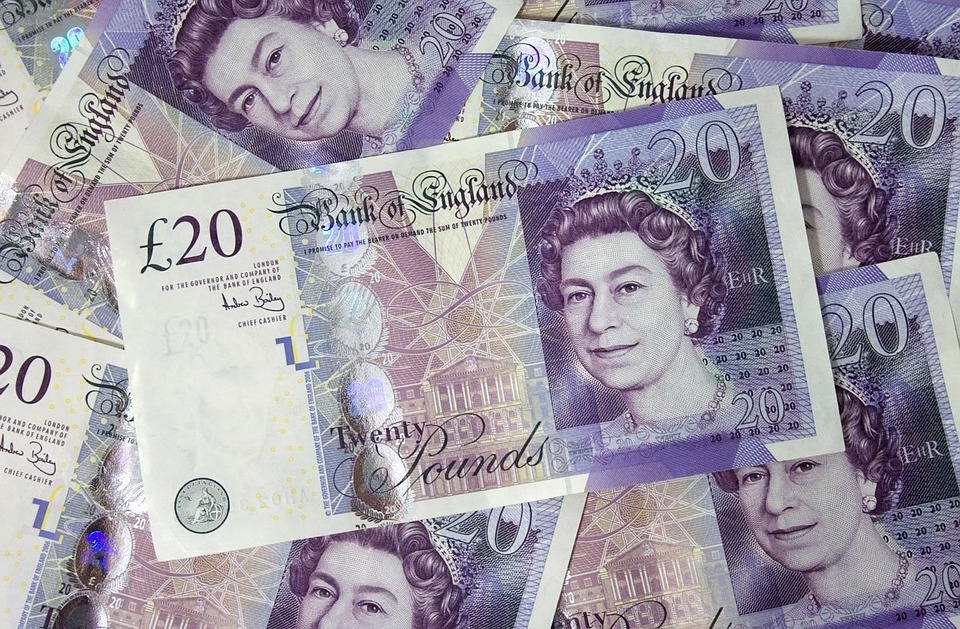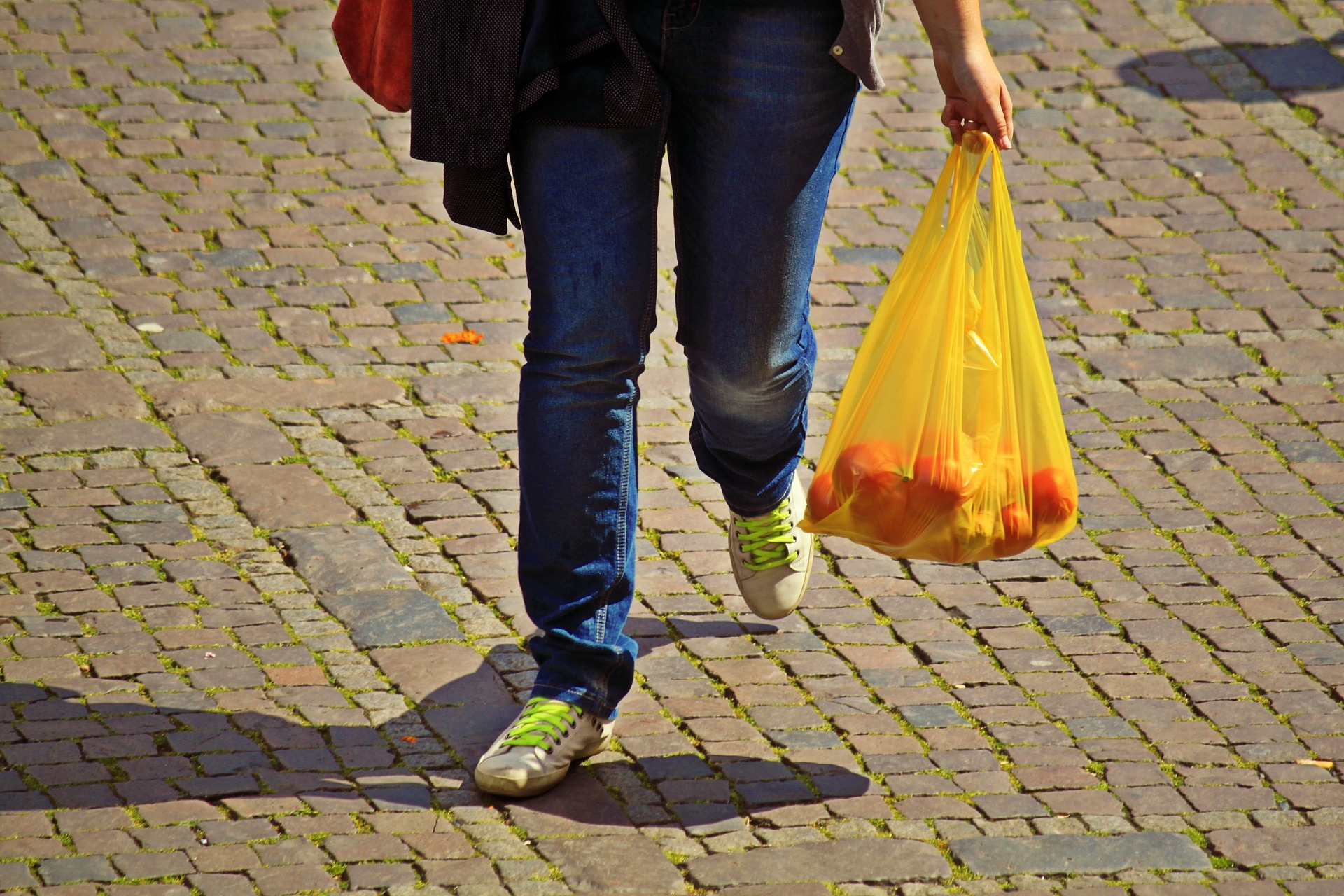
Smart, succesful, sophisticated and so far, single, Fenella Bond is living the life of a 21st century professional woman in Jersey. This month in Connect magazine, she discusses happiness and how today's society's obsession with measuring it might actually lead it to the end of individualism.
"If happiness is quantifiable, could measuring it end up making us less happy? It's data versus the individual, as KPI culture tries to put subjective experiences on the chart.
"More than five years since the first World Happiness Report was published, the world might not be a much happier place; but it’s a place where we’re much more knowledgeable about happiness. Health, wealth, and happiness used to be the triumvirate of a good life. Today, if happiness is the goal, health and wealth are factors which can be managed to help achieve it.
"Hard work may lead to more wealth … and hard work-outs to more health. But just as too much exercise often leads to injury, and an imposed recovery time that undoes all the benefits of the training, too much wealth isn’t much better. Norway, Denmark, Iceland, and Switzerland usually top world happiness tables thanks to factors such as the freedom enjoyed by citizens, high levels of trust and generosity, and low levels of corruption.
"Economic development doesn’t seem to have much impact on happiness – income in China has risen dramatically over the past 25 years, however, changes to society may have made happiness levels fall. Declining social support and increased corruption have also had an effect in the US, which has dropped from third to 19th among OECD countries from 2007- 2016.

Pictured: As a woman you’d need a doctorate to get close to happy money ($68,887), according to a report by the Perdue University and the University of Virginia.
"A new report by Perdue University and the University of Virginia puts the satiation point for ‘life evaluation’ – happiness around long-term goals - correlated to income at $95,000. The results follow a 2010 study by Daniel Kahneman (Nobel-prize- winning psychologist and author of Thinking, Fast and Slow) and economist Angus Deaton, that found day-to- day happiness, or emotional well-being is correlated to income … but only up to $75,000.
"While day-to-day life satisfaction, and long-term life satisfaction have their price points, the difference is the same as the average income of a US female over the age of 25 with a minimal education level ($20,784). As a woman, you’d need a doctorate to get close to happy money ($68,887), an indication that if money can buy happiness, education is one of the best routes to get there. Regardless of how much you earn, working has a positive effect on well-being. The World Happiness Report 2017 found the negative experience index of the unemployed is 30% higher than those who work.
"With 25% of jobs likely to disappear through automation by 2030, according to Bain and Company, if we follow this theory, we have to consider that happiness levels could plummet. Customisation might be a big trend in marketing (don't we all love those mail shots from companies which 'remember' our first names, or those cookies which hike prices when we try to book a hotel? Yeah, right?) but happiness as a science seems to be moving away from the subjective, to the universal, or at least, to quantifiable universals.

Pictured: More choice in our caffeinated drinks doesn't mean we are more valued as individuals.
"Big data makes us cares less about personal choices and preferences, and more about grouping people into categories and measuring the number of people in each category. We might think we are valued more as individuals, because we have more choices, so more opportunities to express a preference, however, the more automated the world becomes, the less nuanced it will be.
"Put it another way, being able to order a skinny, decaff, soy latte with cinnamon instead of chocolate sprinkles, doesn't mean our individuality is valued any more than if we're offered coffee with milk or sugar. Essentially, we are either a consumer, or not a consumer. No-one cares what we order, so long as our order helps profits. We measure so that we can tailor products and services to what people say they want, or what we think they're saying they want. In theory, measuring is supposed to make it easier to assess actions against goals, so you should be able to do more of what works, and less of what doesn't.
"But what if formalising and over-assessing everything kills your ultimate goals? If achieving your target means destroying it? The price of happiness could be the end of individualism. When everything is quantifiable we run the risk of falling into the trap of, 'knowing the price of everything but the value of nothing.' I fear it's a bit like this with beautiful parts of the world, or with amazing elements of nature itself. The more we draw attention to something, the more people want to see it, visit it,
record it. Remember the baby dolphin who died on a Spanish beach last summer, because everyone wanted to take a selfie with it? National Parks preserve areas of outstanding natural beauty, yet, name a 'beauty spot' that is not afflicted by litter, erosion of paths, or that isn't in some way made less beautiful through provision of car parks and visitor centres.

Pictured: Not using plastic bags should be the norm not something you pat yourself in the back for.
"Even when trying to protect the planet we are rubbish about it. We give ourselves pats on the back for not using a plastic bag, or for re-using a coffee cup – things that should be the norm, but that are not, because we make them into something 'special' so that someone can analyse them. Just wait until this time next year for headlines like 'Shop X or restaurant Y cuts plastic use by xx% over the past 12 months.’ We're all living in a bubble – of relying on targets to make ourselves feel better about what we do and how we live.
"Happiness is not a target. It's not a statistic. It's not a trend. It's not something we can really measure, because any 'result' only tells part of the story. Happiness has a price - but if we are to be happy, it's one we pay by believing some things have a greater value than metrics can reveal."
Read more from Fenella Bond in each month's Connect magazine. Click for the latest edition.
Comments
Comments on this story express the views of the commentator only, not Bailiwick Publishing. We are unable to guarantee the accuracy of any of those comments.